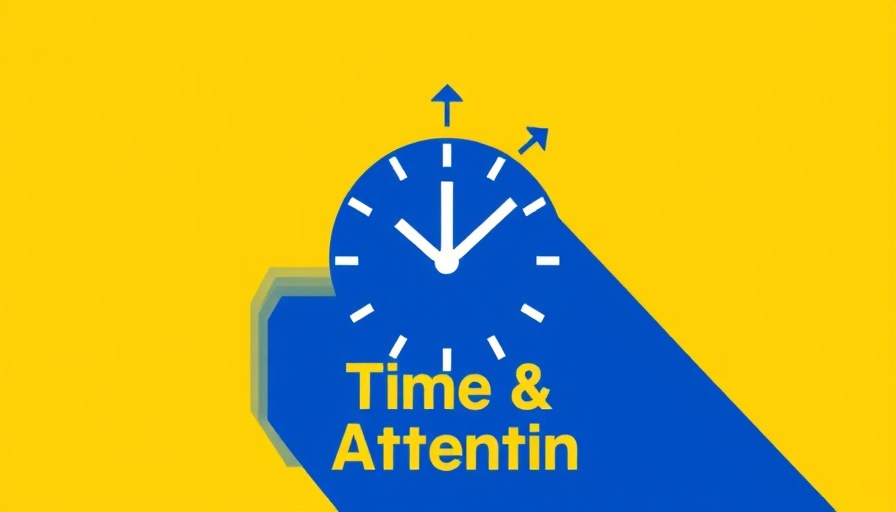
Time: Your Most Valuable Asset
Time, they say, is money. But Myron Golen argues that time is far more precious—it's life itself. Unlike money, time, once spent, cannot be recovered. Every day, we have 24 hours to invest in our futures, but how we choose to spend that time determines the legacy we leave. The struggle between activity and productivity is real; many people fill their days with busywork without making strides toward their goals.
In 'How to Spend Your Time Wisely for Success,' Myron Golen discusses critical insights about productivity and time management, which we’re breaking down further in this article.
Transforming Activity into Productivity
Executives and entrepreneurs often misinterpret busyness as a sign of success. Golen emphasizes the importance of distinguishing between being busy and being productive. While scrolling through social media or idle chatter can fill a calendar, it doesn't necessarily contribute to growth or results. If we fill our schedules with impressive-sounding tasks but fail to measure their returns, we might find ourselves expending energy that yields little in terms of personal or professional growth.
The Power of Prioritization
Understanding priorities is essential for effective time management. Pressure—whether from emails, phone calls, or meetings—often pushes individuals into a reactive state where they respond to others' needs rather than focusing on their own goals. This mindset creates a cycle of busyness devoid of progress. Instead, by crafting a priority-based plan, individuals can allocate their time to activities that foster significant personal or professional achievements, ensuring they spend their hours building their futures rather than merely surviving the present.
The Value of a Time Budget
Just as a savvy investor wouldn't recklessly throw money into a venture without assessing its return on investment, we should adopt a similar mindset towards our time. Golen advocates for a "time budget," encouraging individuals to think critically about the returns each hour of their day provides. Are those hours spent learning, networking, or growing? If not, it’s time to reassess how you're investing your most valuable asset.
Cutting Out Time Thieves
Time thieves can be insidious; they disguise themselves as entertainment or obligations that provide little to no value. Golen warns against mindless consumption—whether watching shows that entertain yet rob you of ambition, or engaging in conversations that lead nowhere. To protect your time from being siphoned away, it's crucial to draw boundaries around your time and recognize activities that drain rather than build you. This may mean uninviting distractions or setting firm limits with acquaintances.
A Strong Morning Routine Sets the Stage
The way you start your day can dramatically influence how the rest of it unfolds. Golen argues that nurturing productive habits in the morning is crucial. Instead of succumbing to the temptation to check notifications or scroll through social media, he recommends setting intentional morning rituals that align with your goals. This could mean taking time to meditate, read, or exercise—activities that serve as the foundational blocks for a productive day.
The Shift from Reaction to Design
Many people let life dictate their schedules, continuously reacting to external pressures, which can lead to a sense of being overwhelmed or unfulfilled. Instead of operating in reaction mode, Golen emphasizes designing your day with purpose and intention. This means taking control of your time and setting clear boundaries that reflect your values. Having clarity about what you want to achieve ensures that your calendar aligns with your vision, allowing you to allocate your energy wisely and effectively.
Conclusion: Planting Seeds for Your Future
The central message of the video "How to Spend Your Time Wisely for Success" encourages individuals to view time as a seed that must be nurtured through intentionality and focus. Every moment spent reacting to pressures rather than aligning with priorities can lead to stagnation. If you're looking to achieve real success, investing in your time with the same care you would a financial asset is essential.
Now is the time to take charge of your schedule, eliminating distractions, and investing your hours in activities that genuinely produce results. Look at your daily habits and see where adjustments can lead to better productivity and fulfillment. You hold the power to design a life that reflects your ambitions by mastering the minutes that make up your days.
 Add Row
Add Row  Add
Add 




Write A Comment